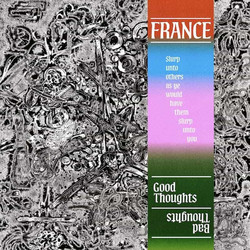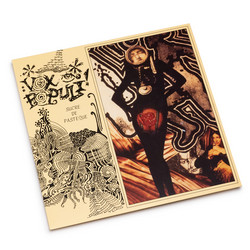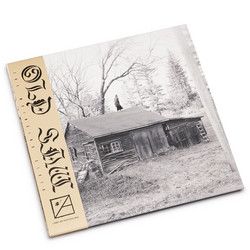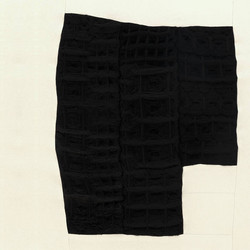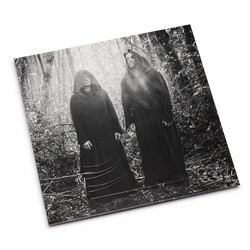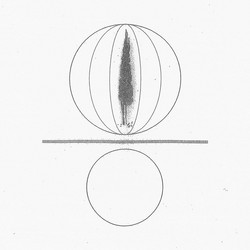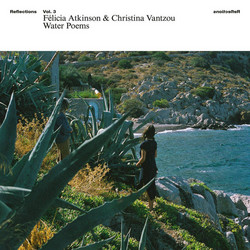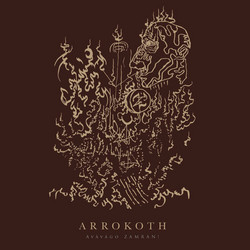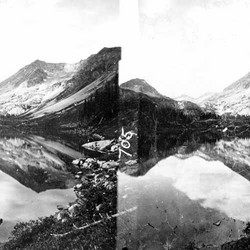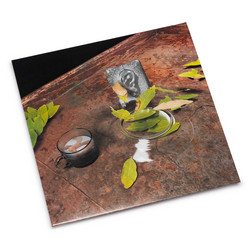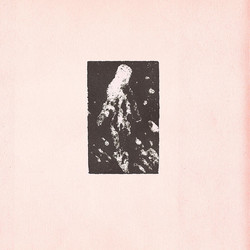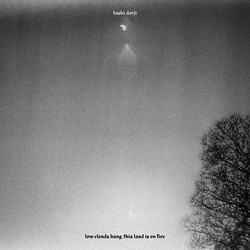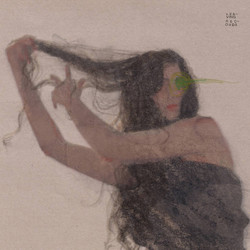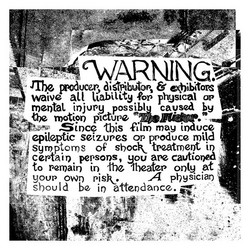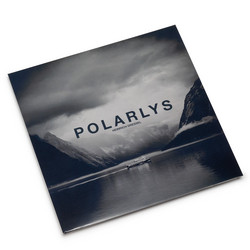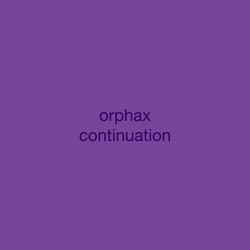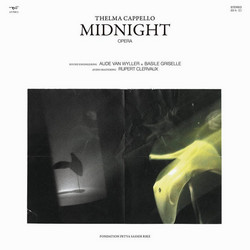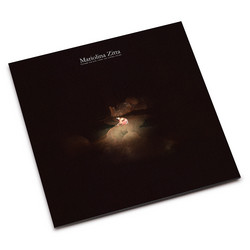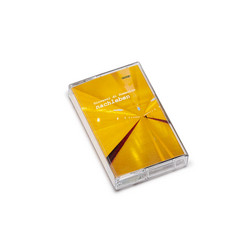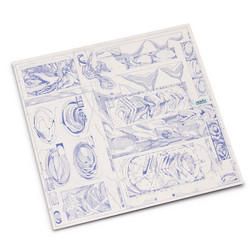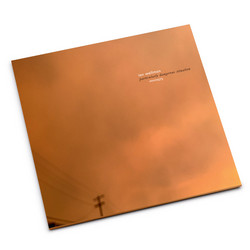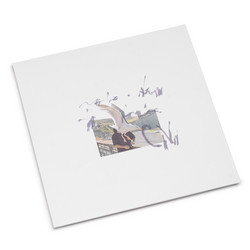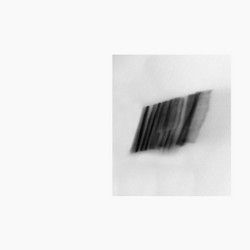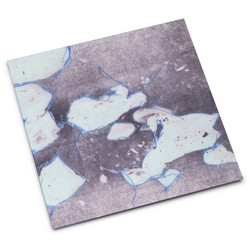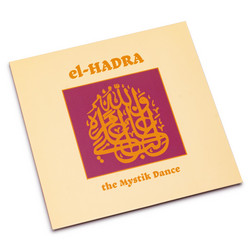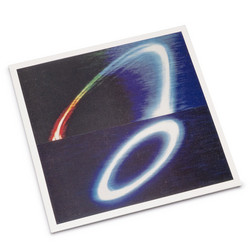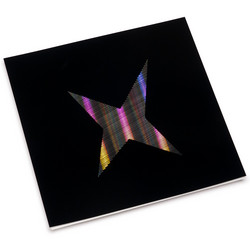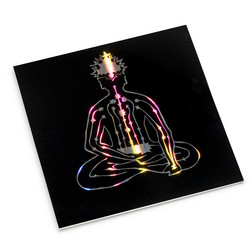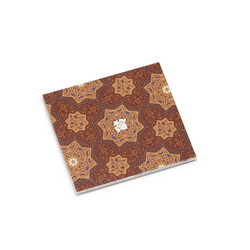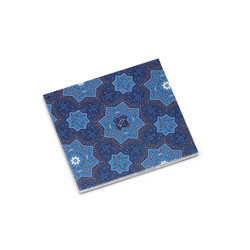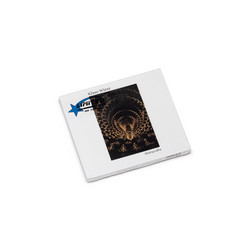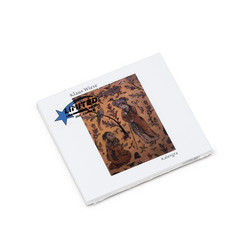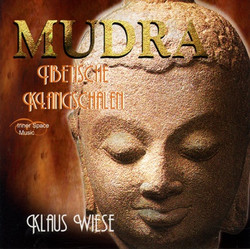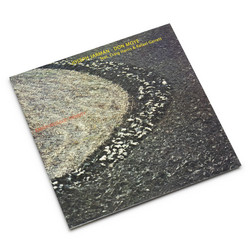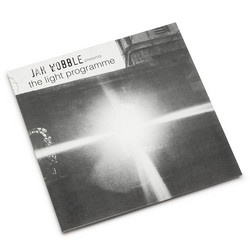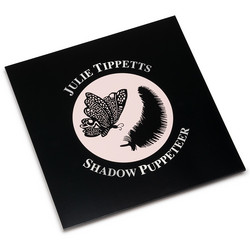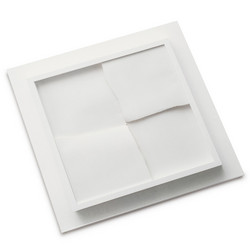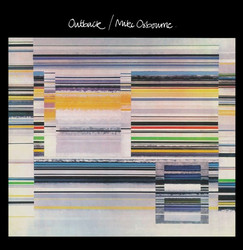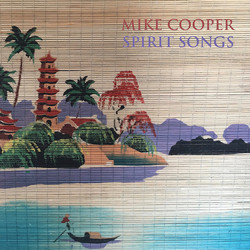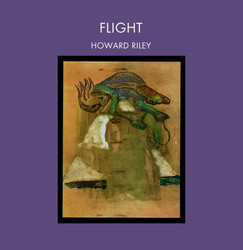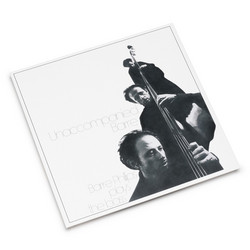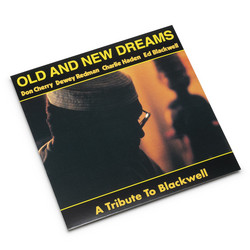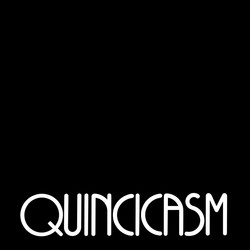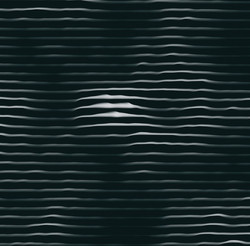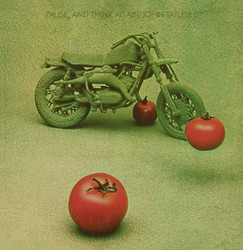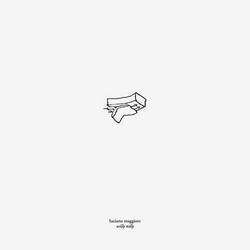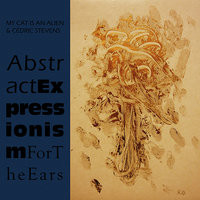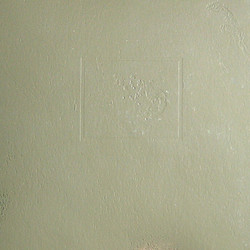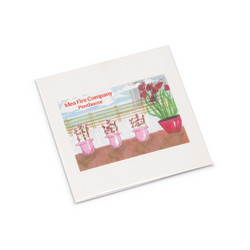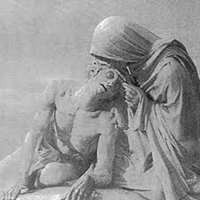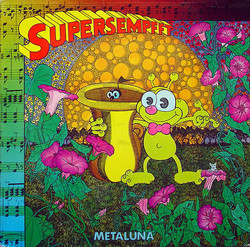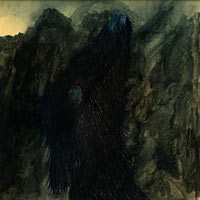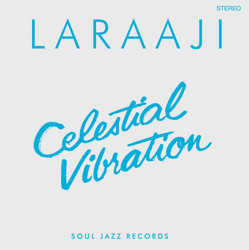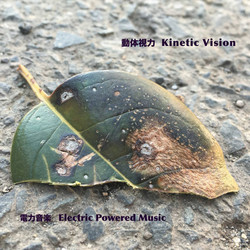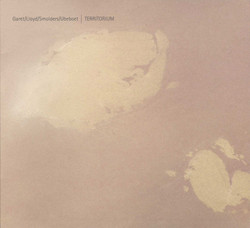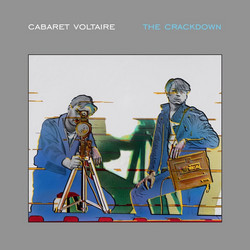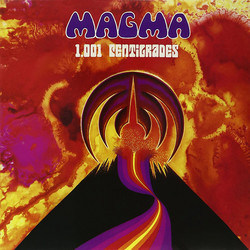Klaus Wiese
Maraccaba (LP)
300 copies limited edition. Brief member of krautrock legends Popol Vuh in the early 1970s, playing on the transcendent Hosianna Mantra and Seligpreisung - albums where Florian Fricke's vision of cosmic devotional music found its fullest expression. But Klaus Wiese's (1942-2009) path led elsewhere, into territories even more minimal, more meditative, more focused on the resonant properties of sound itself. Maraccaba, released by Eargong Records in a limited edition of 300 copies on vinyl, represents the culmination of that journey - a master working with complete command of his materials, transforming ancient instruments into portals of deep listening.
Wiese became known primarily for his mastery of the Tibetan singing bowl. Not as decoration or exotic coloring, but as primary voice - an extensive series of albums built around these ancient bronze vessels and their overtone-rich harmonics. He understood how to coax maximum resonance from minimal gesture, how to create vast sonic spaces from seemingly simple sources. But Maraccaba reveals the full breadth of his palette: human voice, zither, tambura, harmonium, Persian stringed instruments, chimes - a collection of tools chosen for their organic properties, their ability to sustain, to resonate, to create what one might call "living drones." This is music that breathes, that exists in its own time, that refuses the logic of conventional musical development.
Some have placed Wiese alongside the great ambient and space music artists - Robert Rich, Steve Roach, Michael Stearns. But his musical style reaches toward something more specific: the organic soundscapes of drone and dark ambient music. Wiese's collaborative spirit was legendary. He worked with Al Gromer Khan, Mathias Grassow, Oöphoi, Tau Ceti, Saam Schlamminger, and Ted de Jong. He collaborated with Deuter on Silence is the Answer (1980) and East of the Full Moon (2005) - titles that could serve as descriptions of Wiese's entire aesthetic approach. In the 1990s, he founded the Nono Orchestra to play the giant sheet-metal instruments of Robert Rutman, further exploring his fascination with resonance and instruments that blur the line between sound and sculpture.
Maraccaba distills decades of practice into pure essence. This isn't music for distracted listening or background atmosphere. It's music that demands - and rewards - deep attention, that reveals layers and textures only to those willing to enter its timeframe, accept its pace, surrender to its logic of gradual transformation.
